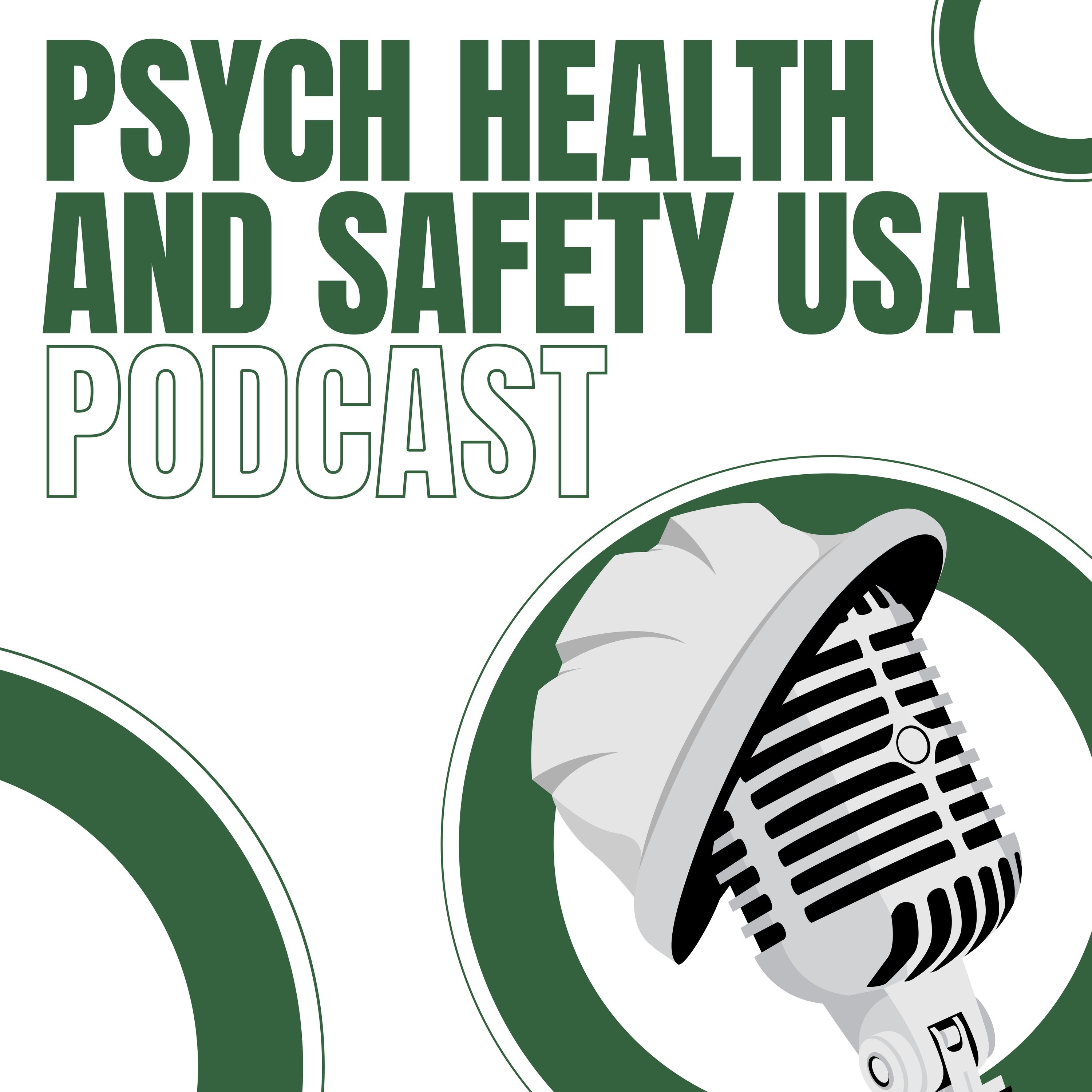- After-Shows
- Alternative
- Animals
- Animation
- Arts
- Astronomy
- Automotive
- Aviation
- Baseball
- Basketball
- Beauty
- Books
- Buddhism
- Business
- Careers
- Chemistry
- Christianity
- Climate
- Comedy
- Commentary
- Courses
- Crafts
- Cricket
- Cryptocurrency
- Culture
- Daily
- Design
- Documentary
- Drama
- Earth
- Education
- Entertainment
- Entrepreneurship
- Family
- Fantasy
- Fashion
- Fiction
- Film
- Fitness
- Food
- Football
- Games
- Garden
- Golf
- Government
- Health
- Hinduism
- History
- Hobbies
- Hockey
- Home
- How-To
- Improv
- Interviews
- Investing
- Islam
- Journals
- Judaism
- Kids
- Language
- Learning
- Leisure
- Life
- Management
- Manga
- Marketing
- Mathematics
- Medicine
- Mental
- Music
- Natural
- Nature
- News
- Non-Profit
- Nutrition
- Parenting
- Performing
- Personal
- Pets
- Philosophy
- Physics
- Places
- Politics
- Relationships
- Religion
- Reviews
- Role-Playing
- Rugby
- Running
- Science
- Self-Improvement
- Sexuality
- Soccer
- Social
- Society
- Spirituality
- Sports
- Stand-Up
- Stories
- Swimming
- TV
- Tabletop
- Technology
- Tennis
- Travel
- True Crime
- Episode-Games
- Visual
- Volleyball
- Weather
- Wilderness
- Wrestling
- Other
Understandable Training; An Essential Strategy - with Doug Castro
This week, Dr. I. David Daniels will speak with Doug Castro, an experienced safety trainer with Channel 4 Training and a Veriforce Strategic Advisory Board member. Among his many certifications and qualification as a safety professional and trainer, he is also bi-lingual, which is worthy of mention, given the country’s National Hispanic Heritage Month celebration. It’s hard to argue that there is any more effective strategy to address physical or psychosocial hazards than providing training. Often, workers get exposed to psychosocial hazards due to a lack of understanding of the hazard, an underestimation of their degree of vulnerability, and the extent of harm they will experience. A lack of information or training to support work performance is in and of itself a psychosocial hazard. In fact, training, specifically understandable training, maybe one of the essential strategies to improve an organization's physical or psychological safety. Many OSHA standards require that employees receive training so that work will be performed in a safe and healthful manner. Some of these standards require "training" or "instruction," others require "adequate" or "effective" training or instruction, and still others require training "in a manner" or "in language" that is understandable to employees. It is OSHA’s position that, regardless of the precise regulatory language, the terms "train" and "instruct," as well as other synonyms, mean to present information in a manner that employees receiving it can understand. Unfortunately, organizations consider training more of a luxury than a strategy when addressing safety and organizational performance. Also, some training programs are well-funded but poorly executed in that that there is an assumption that every worker learns the same way. This is particularly important as it relates to the language in which the training is delivered. Doug will share some of his lived experience and passion for focusing on safety and training as an essential safety strategy.

